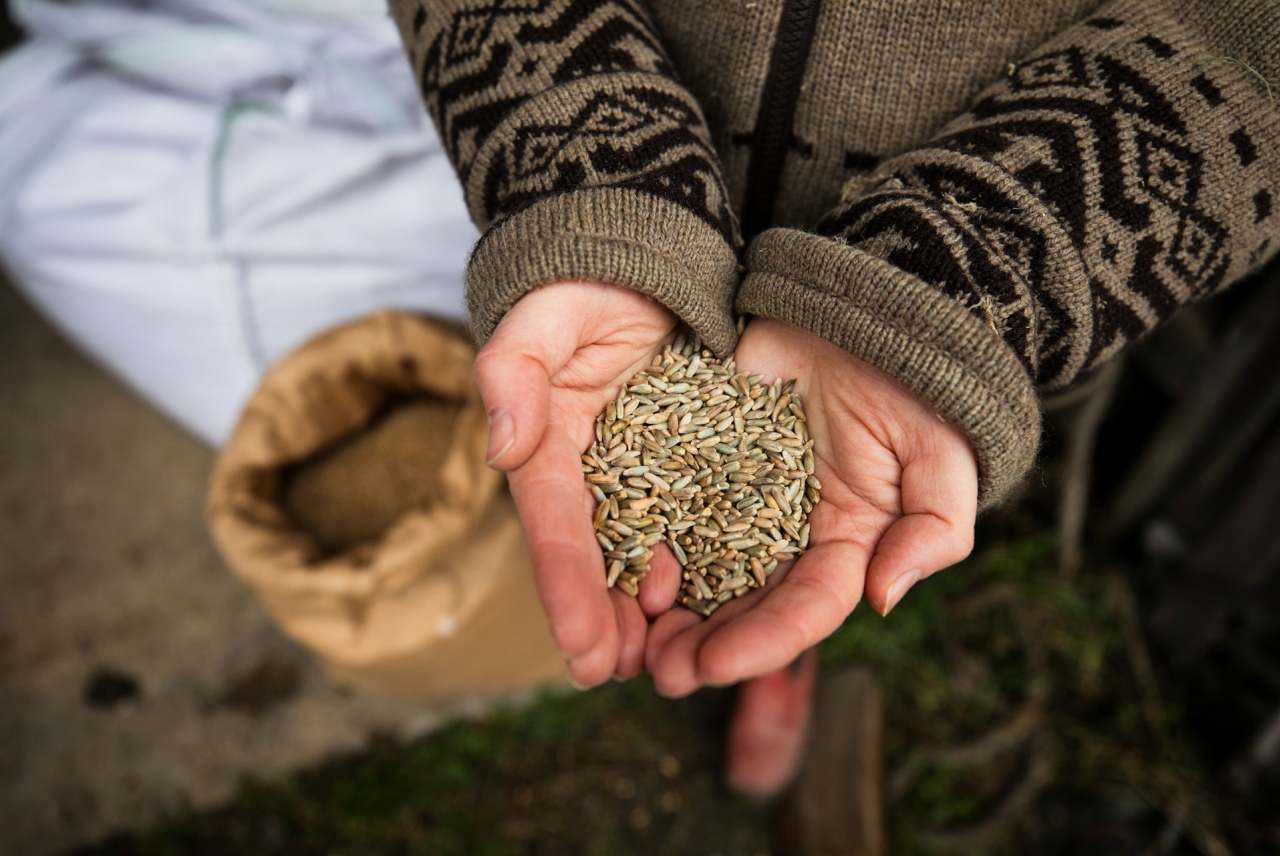Genetically modified (GM) crops are now being consumed in many parts of the world, and forms of genetic modification may soon be introduced to the UK.
What are genetically modified crops?
Genetic modification involves changing the genetic makeup of an organism by adding, removing or altering a piece of DNA. In the case of GM crops, this is usually done with the aim of making the crop more productive.
Humans have been altering crops through traditional breeding techniques for centuries, for example by selecting plants showing a wanted trait, or cross-pollinating two plants so that the offspring inherits desired genes from both.
However, it is only much more recently that we’ve been able to directly alter the DNA within the plant. Experiments with genetic modification of crops began in the 1970s, with the first commercial plants produced in the 1980s. Strands of DNA – for example those that make the crop resistant to a certain chemical product – can now be grown in a lab and then inserted into the plant’s nucleus.
While proponents of GM say that it helps us produce more food and create more resilient crops, this form of breeding has also come with major ethical issues attached – which we explore below.
Do GM foods have to be labelled in the UK?
Currently, under UK and European laws, foods containing genetically modified organisms (GMOs) have to be labelled. However, in the UK, new legislation could soon change that. Lawmakers are looking to distinguish between traditional GM techniques and what they call ‘precision breeding’.
The UK Food Standards Agency describes precision breeding as “a way of changing the DNA of plants or animals in a precise way, using techniques including gene-editing” – a technique that involves using enzymes to cut sections of DNA. While it says that “changes must be equivalent to those that could have been made using traditional plant or animal breeding methods”, campaigners and some lawyers have described the definition as “staggeringly imprecise”.
UK ministers are in the process of excluding precision breeding techniques from GM labelling laws. Campaign organisation GM Freeze warns that the vague definition of precision breeding could mean the laws result in wide ranging changes – undercutting consumer choice and allowing the deployment of new technologies without public awareness, engagement or parliamentary oversight.
Read our full feature on precision breeding and labelling laws – including what you can do about them.






